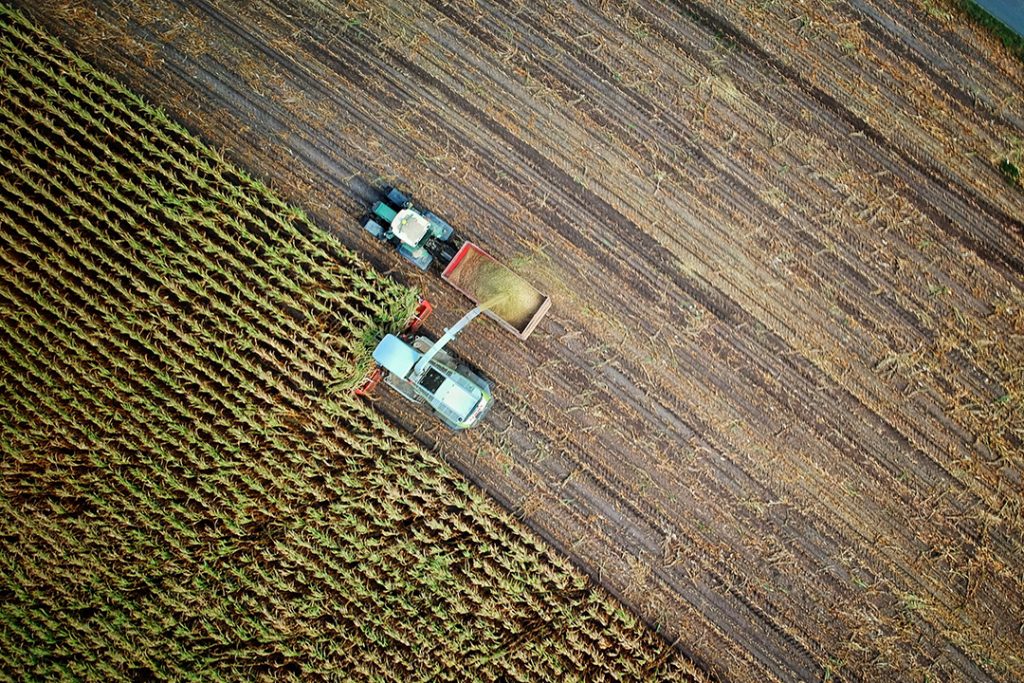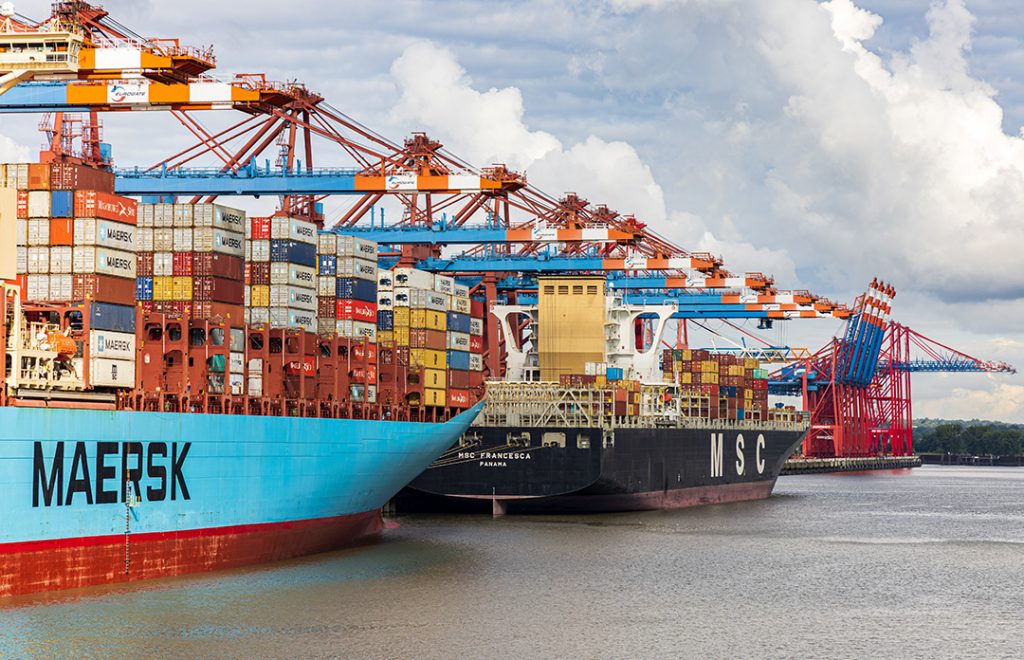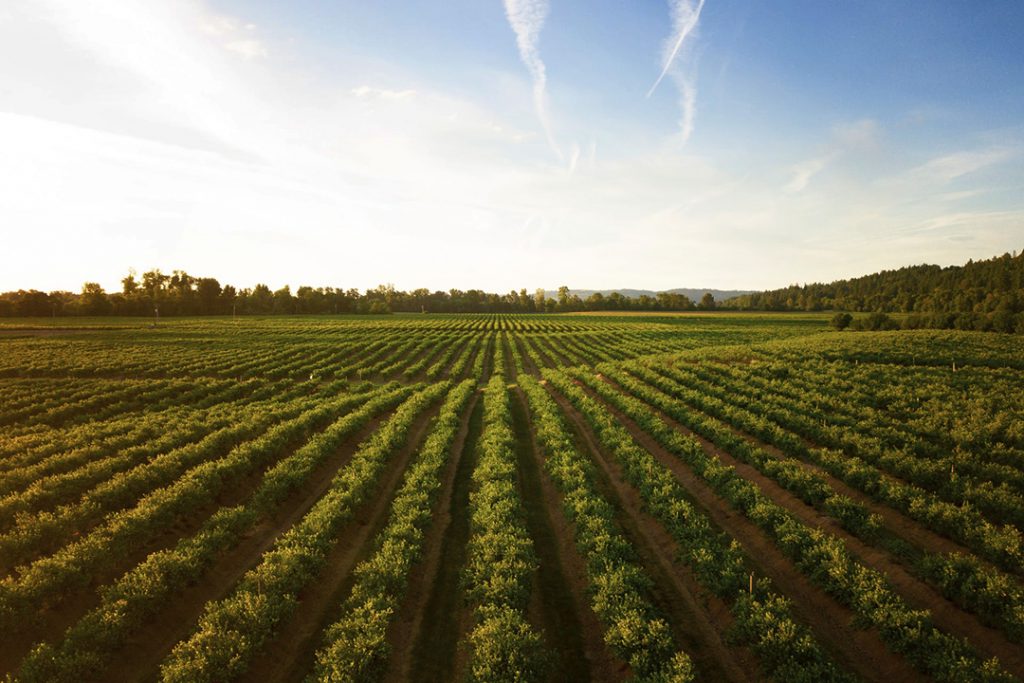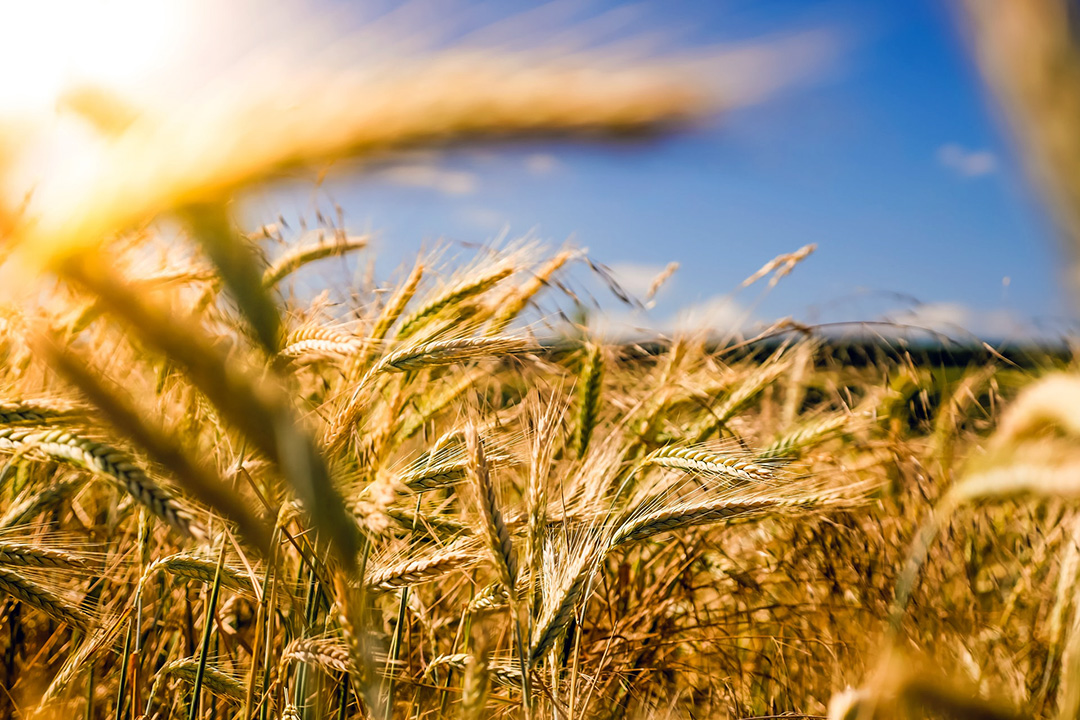South Africa has always had a strong agricultural industry with many export markets in various sectors. Over the past 15 years, the country has opened many new avenues for sales of agricultural produce to foreign countries, but new export markets are still needed with the world’s population growing rapidly.
Bulk bags have been the packaging product of choice for many farmers and agricultural exporters. These lightweight products are highly durable, very affordable and can hold large volumes of produce during shipping and delivery. Bulk bags play a vital role in the agricultural export sector, so it’s important to find a supplier that can guarantee high-quality products.
Custom Bulk Bags holds numerous international certifications for quality management systems and bulk bag designs. We can guarantee durable products that can be reused and recycled. Our bulk bags have a minimum safety factor of 5:1, which means that they can hold at least five times their intended load without breaking or tearing. Our bulk bags are the ideal solution for farmers and agricultural exporters.

Export markets need attention
The South African government needs to work with the private sector to ensure that new export avenues are established, along with the network of industries that support them. While the government should take the lead, it must also set up effective partnerships with private agribusinesses, farmers and logistics companies.
The agricultural sector is export-orientated already but its growth strategies depend on efficient ports. Congestion and delays at border posts and seaports have hindered the sector in recent years, especially amid the Covid-19 pandemic. These issues need to be addressed by the government in order to support new export markets and growth.
The 2021 citrus harvest was affected by these delays. Most notable was the congestion at Durban harbour and issues with railway infrastructure and protest damage to all the major export hubs. Without efficient clearing systems, the agricultural export industry is heavily affected and the economy takes a hit.

Trade is key to longevity
Farmers and agribusinesses have acknowledged the great work that the South African government has done to stimulate trade and to integrate the local agricultural sector into the global community. This international trade has grown in recent years and has come a long way since the mid-1990s.
South Africa has working trade agreements with the Southern African Development Community (SADC), the SADC-EU economic partnership agreement, the South African Customs Union (SACU), the African Continental Free Trade Area (AfCFTA) and the SACU/Mercosur Preferential Trade Agreement.
These have all been well-maintained in the past 15 years, which has been good for agricultural export growth. “[This] is a considerable achievement in itself, given the technical and institutional demands of negotiating and successfully implementing trade agreements,” says Agbiz chief economist, Wandile Sihlobo.
“It is through the benefits of these agreements that South Africa now exports nearly half of its products in value terms – just over R150-billion in a typical agricultural season,” he adds. The fruit, wine, grains, wool and beef industries have been key drivers of this export growth, according to Sihlobo.
He suggests that new export markets will be established in Japan, China, Saudi Arabia, India and Bangladesh in the near future. “We have more fruit in the country, larger wine volumes and meat. At this point, the government, through the Department of Trade, Industry and Competition, along with the Department of Agriculture, Land Reform and Rural Development, should work collaboratively with the industry to urgently open as many markets as possible,” states Sihlobo.

Time is of the essence
While establishing new agricultural export markets can take years, industry stakeholders and the government should be mindful that time is of the essence. “If we view this sector as one of the critical sources of growth and job creation, we should be as agile as Peru and Chile in ensuring access for our agricultural products to key markets,” explains Sihlobo.
The agricultural sector holds great potential for the South African economy and, although the export markets are performing relatively well, there is still a need to expand these avenues. Collaboration between the public and private sectors will be essential if foreign investment and export growth are to be achieved.
Affordable packaging solutions that are durable and lightweight will also continue to be an important factor in the export segment. Bulk bags help to reduce costs without compromising on quality or effectiveness when it comes to shipping produce around the world. For more information about our bulk bags, please contact us today.
___
Custom Bulk Bags is a leading South African manufacturer of woven polypropylene bags for various industries, such as mining, chemicals and food. We are able to produce over 3.5-million bulk bags per year, keeping our customers in-stock at all times. Our bags adhere to the highest levels of quality as a result of our stringent in-house testing and quality control programmes.
Custom Bulk Bags holds ISO 9001 certification and we currently have a number of UN-certified designs. We are a Level 3 B-BBEE manufacturer and supplier and fall under the ownership structure of Deneb Investments Limited. For more information on our products, contact sales@custombulkbags.co.za. Follow us on Facebook for our latest news and industry insights.
